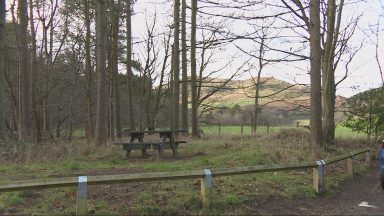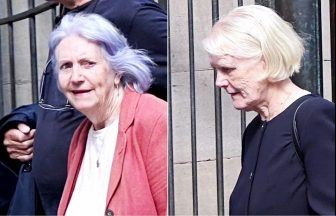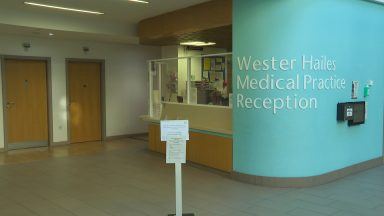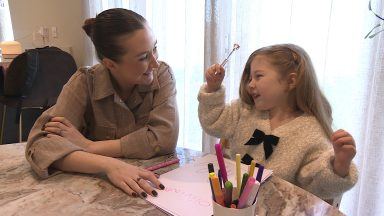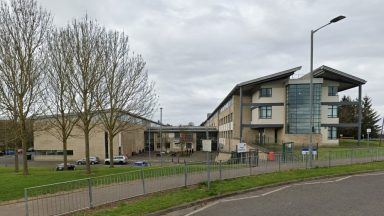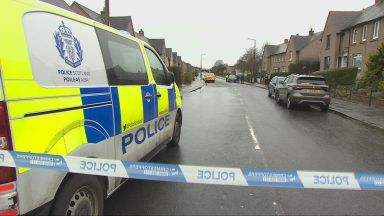The University of Edinburgh is reviewing its historic links to slavery and colonialism in a bid for “reparation”.
Among the initial findings in the race review, academic researchers trawling historical archives found that the School of Medicine and other “specific disciples” in the university were entangled in the human trafficking and enslavement of Africans.
Findings also included records from the UK’s oldest debating society, The Diagnostic Society of Edinburgh, that indicated that while the society was in favour of boycotting sugar produced by enslaved people in the 18th century, some members may have gone on to make money from plantation slavery.
The two-year project, Decolonised Transformations: Confronting the University of Edinburgh’s Legacies of Enslavement and Colonialism, which will “help shape the institution’s reparatory vision for the future”, is set to be one of the most in-depth and wide-ranging reviews of its kind.
Community organisations, heritage bodies and groups are being invited to join students, staff and alumni in sharing their perspectives.
The review is set to make a series of evidence-based recommendations by the end of 2024 that will inform future university policy.
The academic Race Review will be led by Professor Tommy Curry, personal chair in Africana philosophy and black male studies, and Dr Nicola Frith from the School of Literatures, Languages and Cultures’ department of European languages and cultures.
Professor Curry said: “We have reached a crucial stage of the review, and Edinburgh is in a position to work in a way unlike other institutions by approaching reparations and reparative justice as a community-led process.
“It is, of course, essential groundwork to conduct historical research and establish the facts. But the process of engagement needs to be part of the reparatory work itself. In this way, we cannot preempt what will be said or the actions that the university will take at the end of the process.
“However, we will continue to share our work, and encourage members of the community to participate and create a culture in which we can all thrive.”
Professor Sir Peter Mathieson, the university’s principal and vice chancellor, added: “Edinburgh’s work in this area will be academically-led, sector-leading, conducted with integrity and will strengthen us as a global institution. The review will look back into the university’s history in order to find collective ways to forge our future.”
Follow STV News on WhatsApp
Scan the QR code on your mobile device for all the latest news from around the country


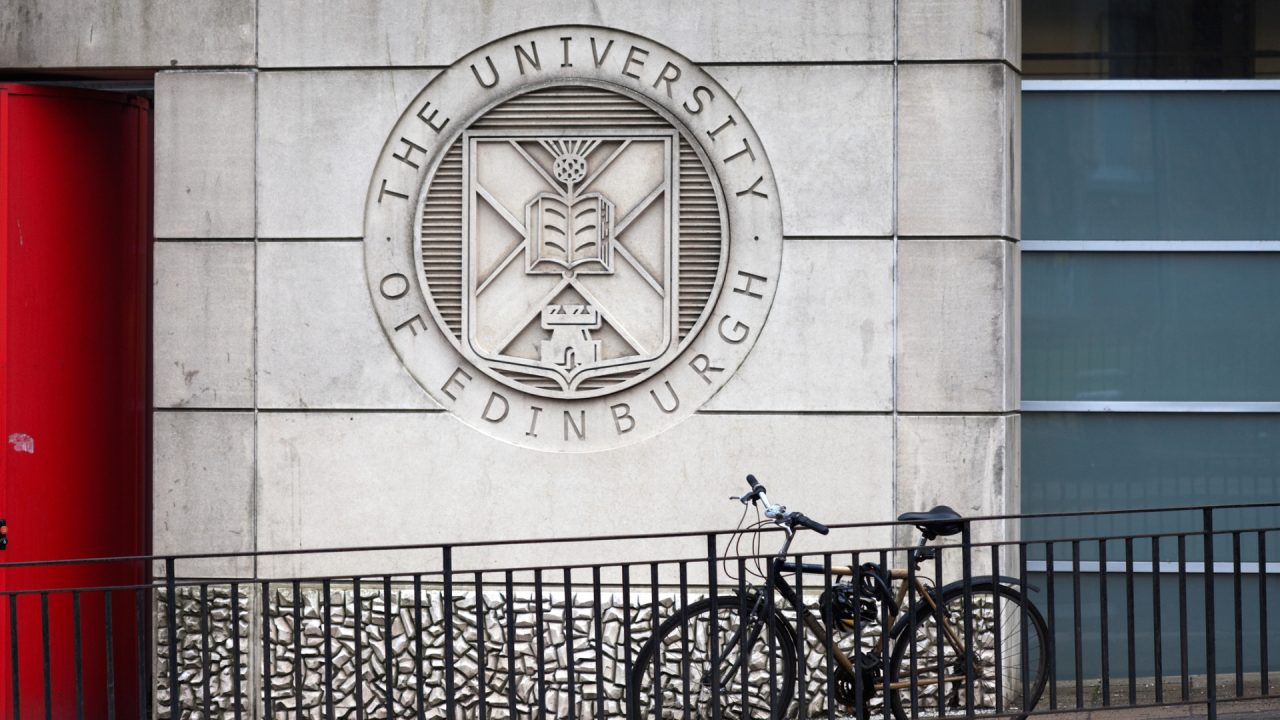 iStock
iStock

